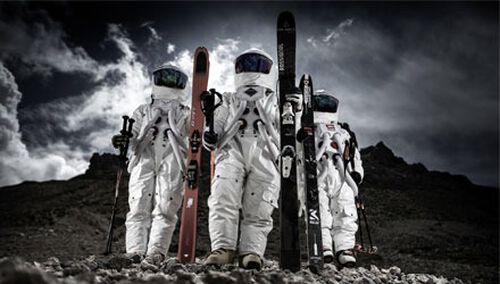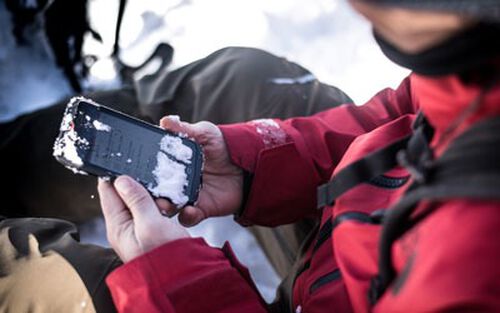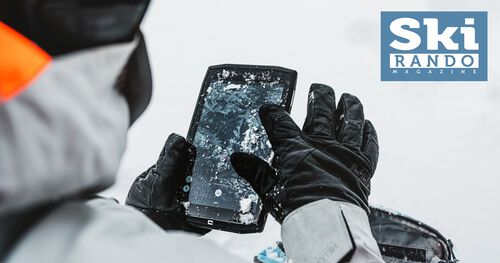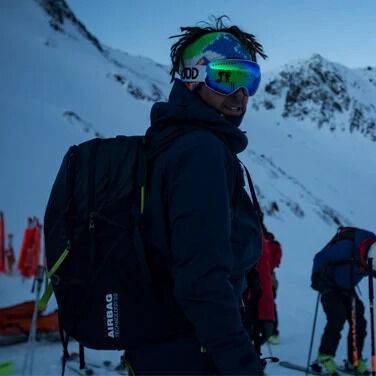
LAURENT BESSE
A former professional snowboarder, “Lolo” is both a head judge and competition commissioner at the Freeride World Tour.
Surrounded by the best freeriders in the world such as skier Hugo Harrison and snowboarder Tom Burt, he developed an evaluation system over the years based on 5 criteria. CROSSCALL is going to explain these criteria to you a few days before the Grand Final in Verbier.
1. LINE CHOICE
Judges pay attention to the line chosen by the rider. Was it obvious or rather artistic? Was it technical or unusual? Did the rider go for side-crossing or did he go for jumps instead?
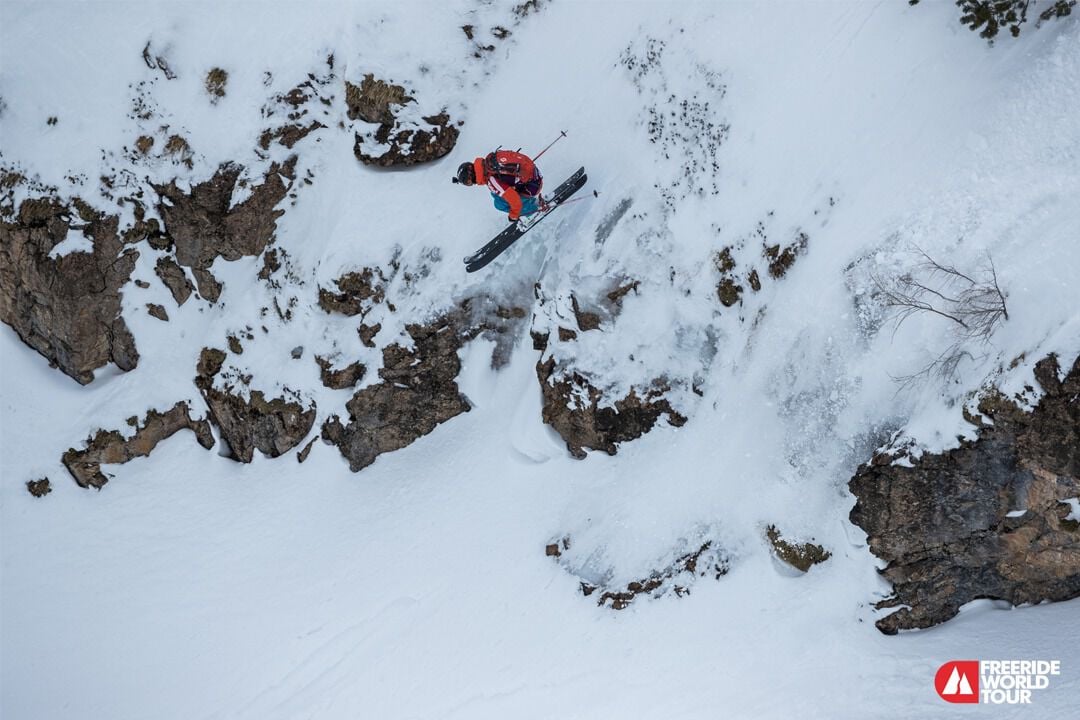
2. FLUIDITY
The rider must know where they are and not show any signs of hesitation, or a penalty will certainly be applied. Freeride’s not about timekeeping, however fluidity is strictly linked to speed. Judges assess the pace at which the rider comes down based on the technical nature of the spot.
They look at whether hurdles were overcome at the maximum speed or whether it was possible to go even faster. For example, was there a stop-time before jumping a rocky line or did the rider just keep going straight on?
3. CONTROL
Competition is tough and athletes push their own limits. In the Freeride World Tour, however, safety is the key word. Taking excessive risks is heavily penalised. For Laurent Basse, control and technique are inseparable: “if the run is controlled, there is deemed to be a technique behind”.
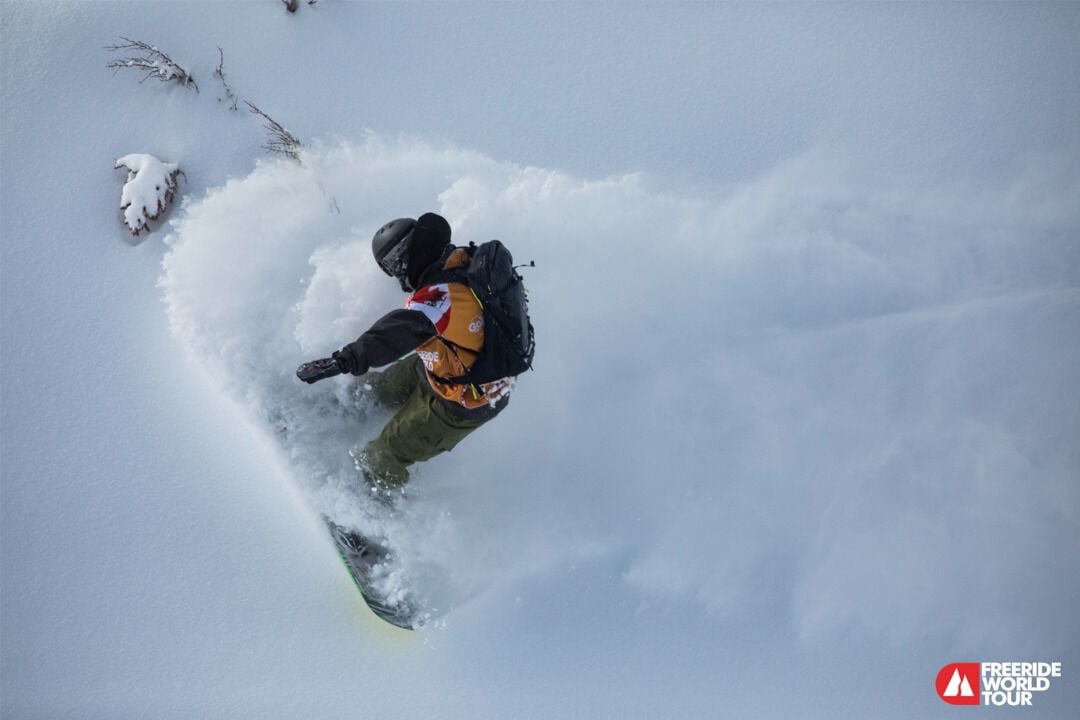
4. TECHNIQUE
It goes hand-in-hand with control. Without a technique, the rider will no longer be able to handle things, they’ll expose themselves to danger and lose points.
5. “AIR & STYLE”
« It’s the criteria everyone looks at » states Laurent Besse. Judges will appreciate the show and tricks performed perfectly in the air. They scrutinize how well one’s actions are mastered, the style in the air, height, take off and landing of each trick.
© Photo credit – Dom DAHER / Jeremy BERNARD.
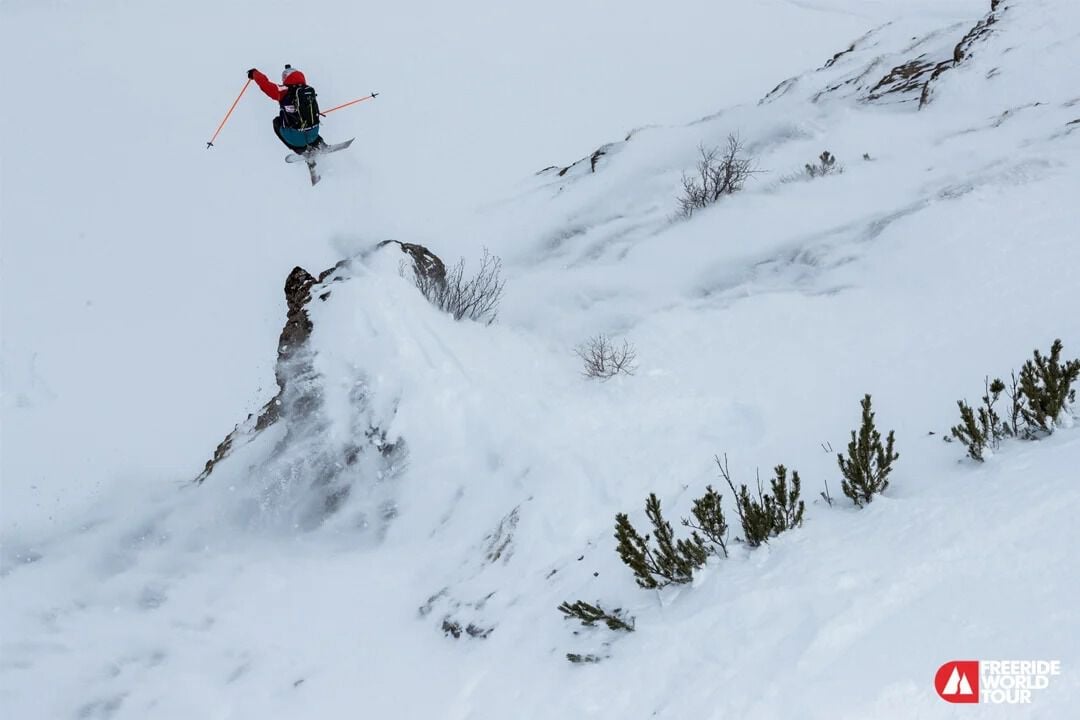
PICTURES
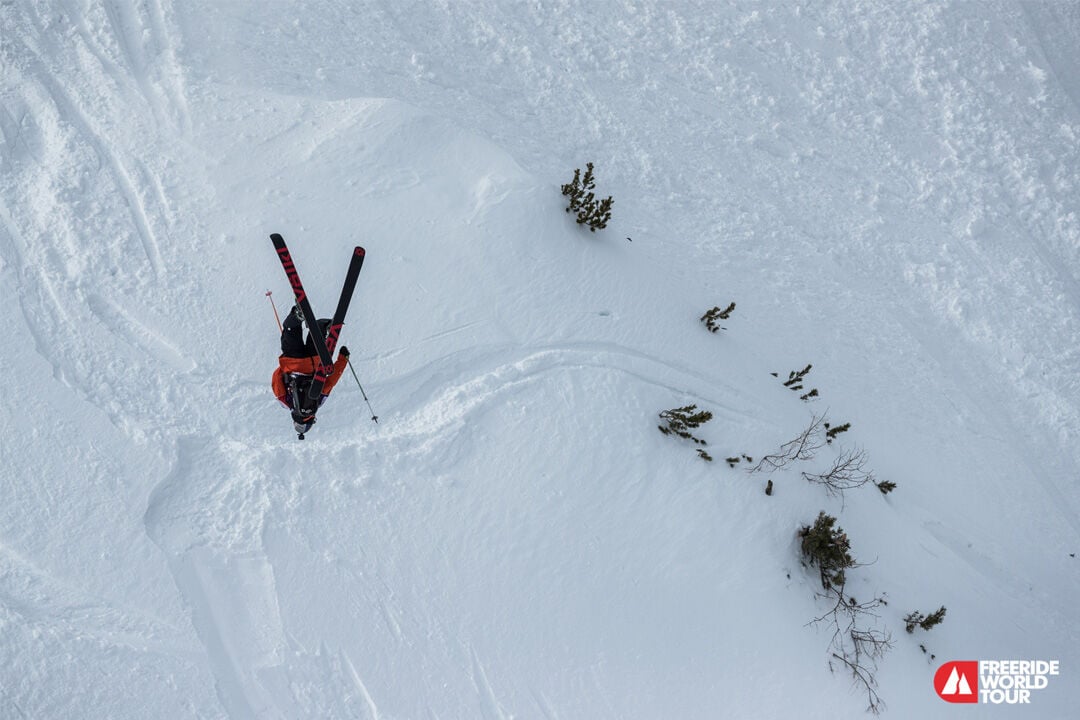
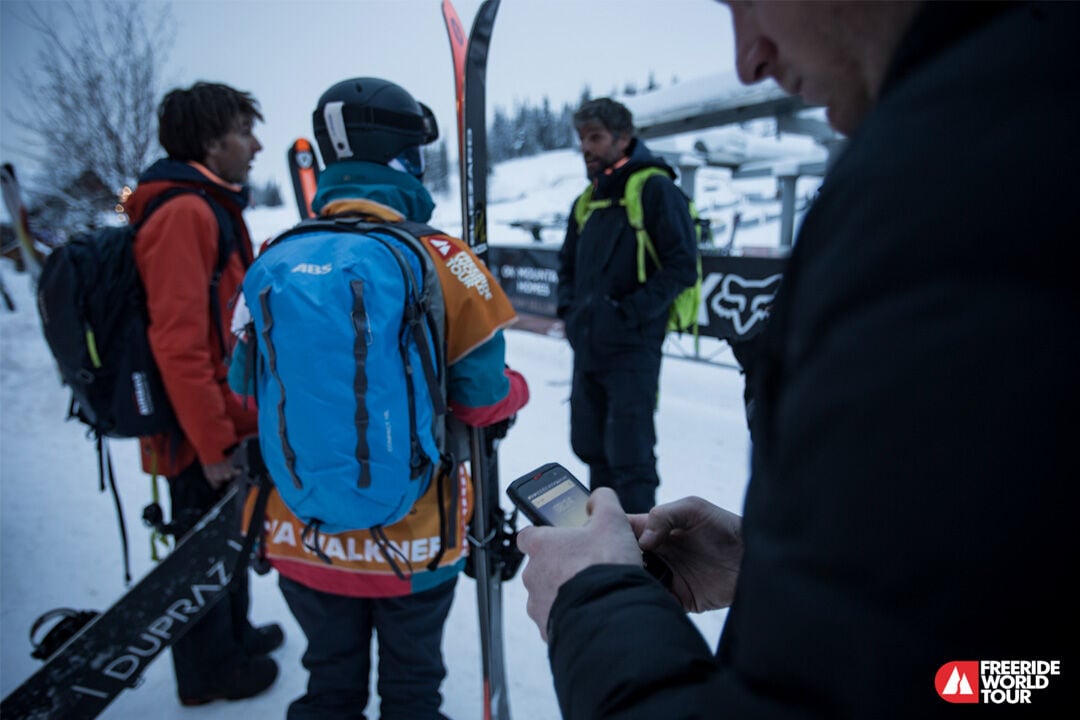
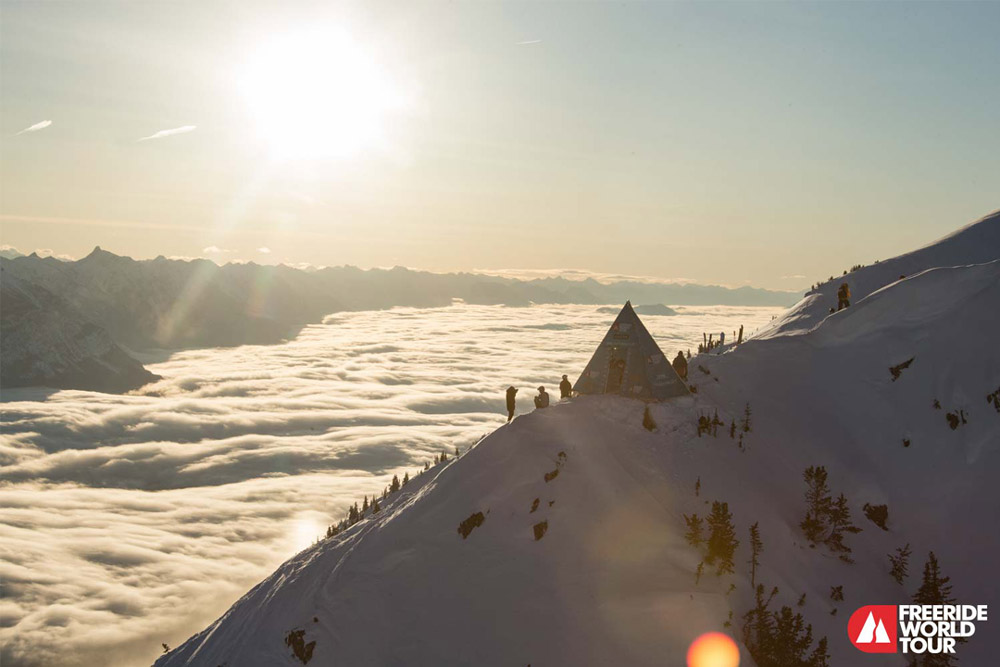
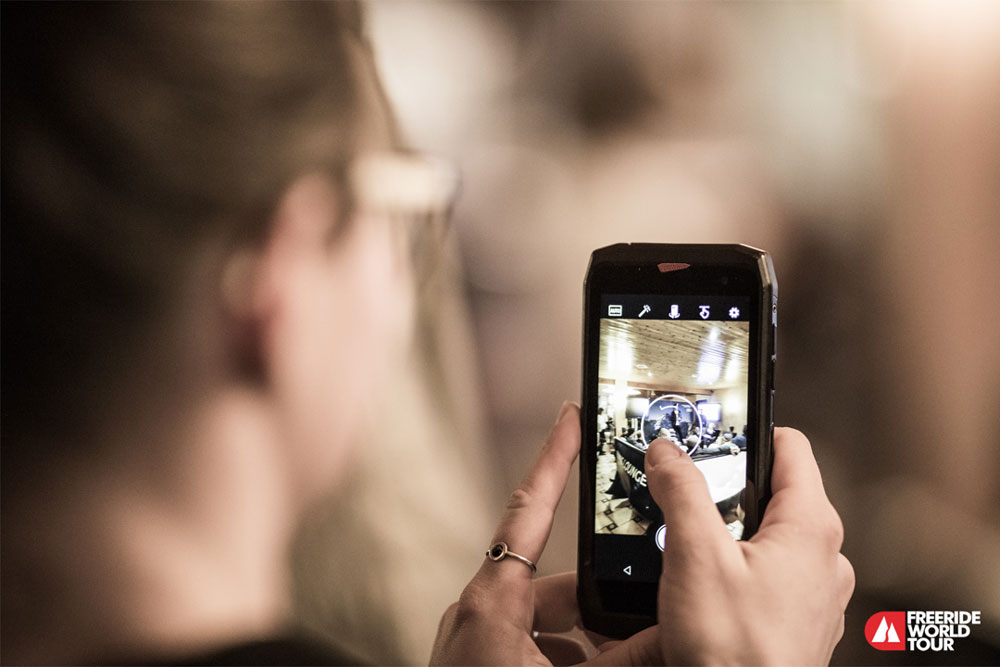
 Choose your country and language
Choose your country and language
